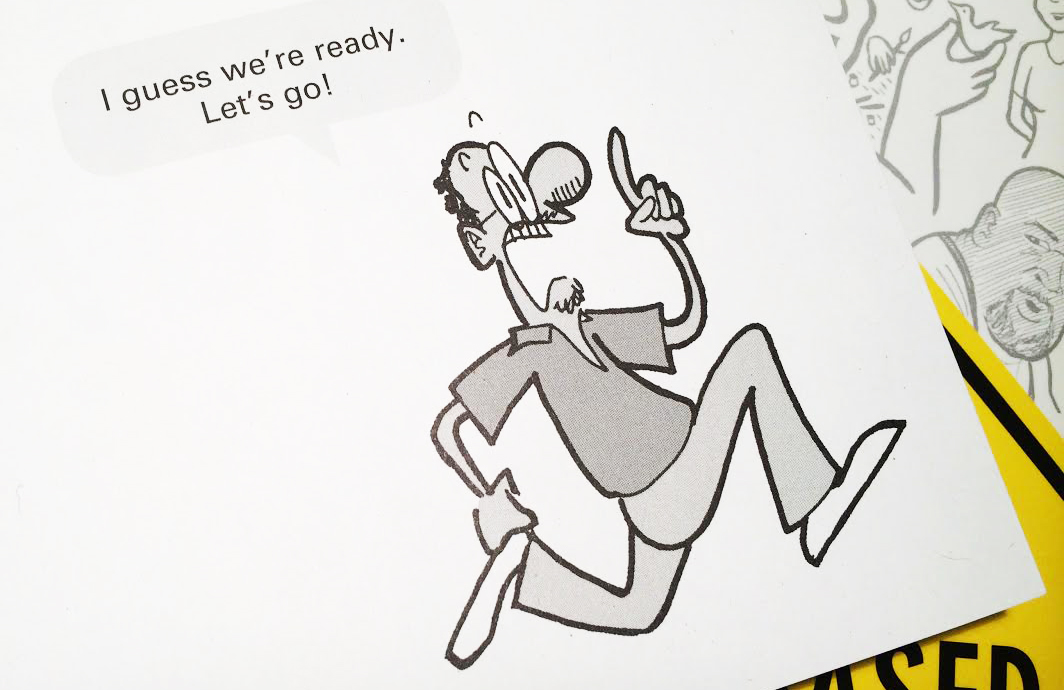“The interesting thing about music is that you don’t need to speak the same language with someone to communicate when you are using music. It crosses linguistic barriers, cultural barriers and it’s a way to share something about yourself, your culture . . . and even more specifically, Hip Hop becomes a sort of language for youth around the world so it doesn’t really matter what region you go to.”
– Anas Canon, Founder/Director, Remarkable Current
The last decade has seen massive deterioration and upheaval in the political relationships between the US and Islamic countries across the globe. Though the election of Obama brought hope for change in these relationships, the ongoing fighting in Afghanistan, the slow end to the war in Iraq, and the disappointing reaction of the US to the Arab Spring only served to add new tensions. But where political diplomacy struggles, cultural diplomacy is making its mark.
Hip-Hop Ambassadors is an initiative by the artist collective Remarkable Current, led by founder Anas Canon. As Hip-Hop Ambassadors, Remarkable Current travels to Muslim nations around the world and uses music to encourage cultural exchange and mutual understanding. Their visits — which have included Tunisia and Indonesia — combine live performances, workshops with youth, and collaborations with local artists.
Remarkable Current is following in the footsteps of the Jazz Ambassadors of the Cold War. Beginning with Dizzy Gillespie and his orchestra in 1956, the US State Department sponsored jazz greats like Duke Ellington and Louie Armstrong to travel across Europe, Asia, and the Middle East playing concerts, and meeting with diplomats and children alike. This was cultural diplomacy, a musical battle for the hearts and minds of the world — though admittedly an unlikely alliance, given that these artists faced such biting racism at home.
In these trips, RC works through the State Department and local embassies. I imagine this could bring up many thorny issues, like what it means for a group of Black Muslim Americans to represent a country with such a terrible history of invading Muslim countries abroad, and cultivating both anti-Muslim and anti-Black sentiment at home. However, Canon says that, beyond bringing them to the countries, the State Department has no control over their work. And as hip-hop spreads across the world, this kind of cultural connection may be one of our best hopes for true cross-cultural understanding, justice, and, dare I say it, peace.
As an illustration, here is a beautiful collaboration between RC and Tunisian hip hop artists celebrating the street vendor whose self-immolation sparked the Tunisian uprising.


2 thoughts on “Profile: Hip-Hop Ambassadors”
Comments are closed.